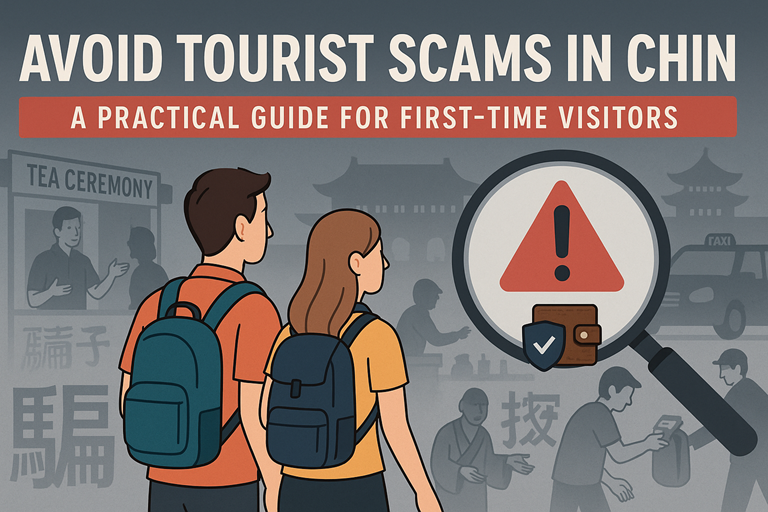China Packing List
Essentials to Bring Based on Weather and Travel Style
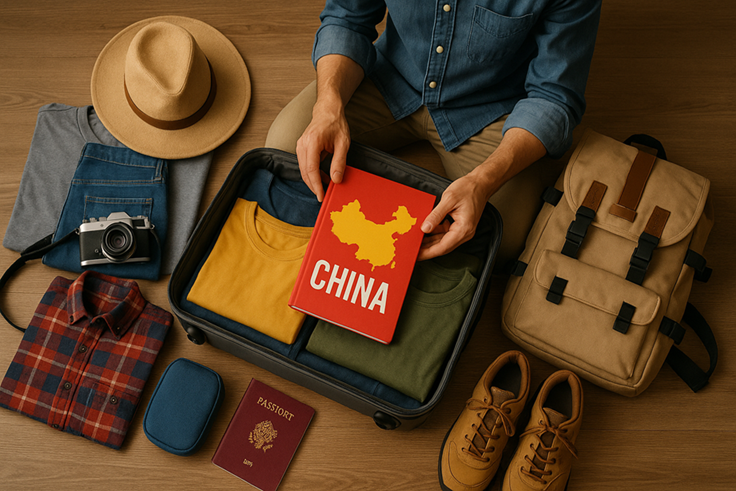
Packing for a country as vast and diverse as China requires thoughtful preparation
Packing for a trip to a country as vast and diverse as China can feel like a monumental task. From bustling megacities to serene mountain landscapes, and from scorching summers to frigid winters, what you need in your suitcase can vary dramatically.
This comprehensive guide aims to break down the essentials, considering China’s unique travel characteristics, diverse climates, and cultural nuances, ensuring you’re well-prepared for an incredible journey.
Key Considerations:
- Climate diversity: China spans tropical to subarctic zones
- Cultural norms: Modesty matters in certain settings
- Practical challenges: From air pollution to language barriers
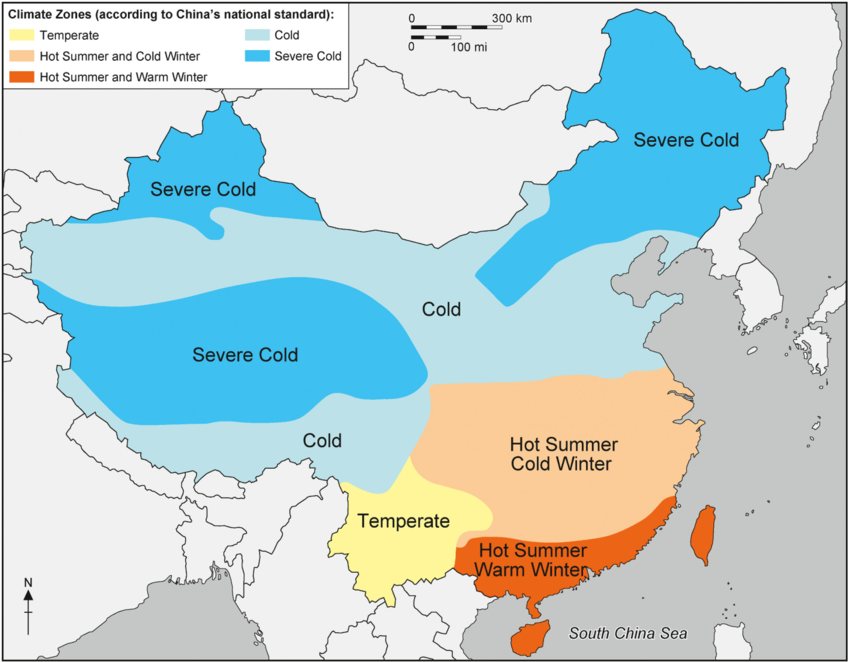
I. Pre-Travel Essentials: Documents & Money
These are the absolute non-negotiables. Triple-check you have these before you even think about clothes.
Passport
- Must be valid for at least six months beyond your intended period of stay in China.
- Ensure it has at least two blank pages for visas and entry/exit stamps.
Action: Make photocopies (physical and digital). Keep copies separate from your actual passport. A photo on your phone, cloud storage, and an email to yourself are good backups.
Chinese Visa
- Most nationalities require a visa to enter mainland China.
- Secure this well in advance from the Chinese embassy or consulate in your country.
Action: Double-check the visa type matches your travel purpose (e.g., tourist visa – L visa). Note the validity period and number of entries. Keep a copy separate from your passport.
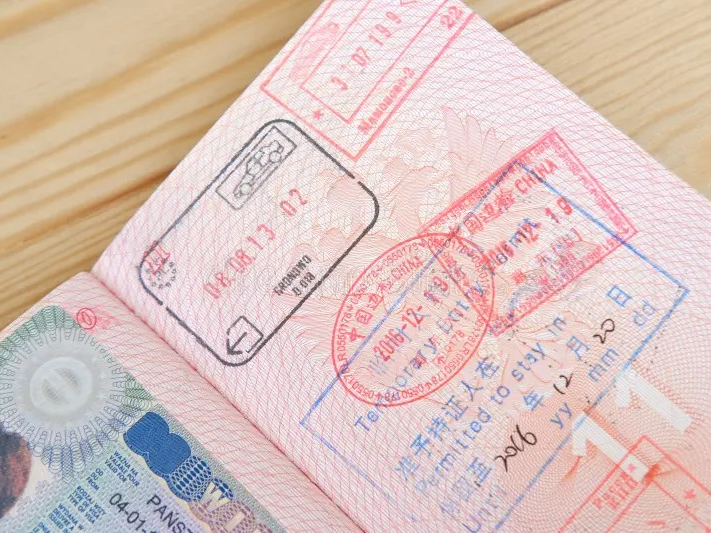
Proper documentation is crucial for entry into China
Flight/Train Tickets & Itinerary
- Printed copies and digital versions (on your phone, in email).
- Include hotel reservations, tour bookings, and any pre-booked train or internal flight tickets.
Action: Having addresses and names of hotels in Chinese characters can be invaluable for taxi drivers. (Your booking confirmation or a quick note from a translation app will do).
Travel Insurance Information
Essential for any international trip. Ensure it covers medical emergencies, evacuation, trip cancellation, and lost/stolen belongings.
Action: Carry a physical card/document with your policy number and emergency contact details. Save a digital copy.
Money
Cash (Chinese Yuan – CNY/RMB)
- While mobile payments (Alipay/WeChat Pay) are king in China, having some cash is crucial, especially upon arrival for taxis, small vendors, or in case of digital payment issues.
- It’s advisable to exchange some money before your trip or withdraw from ATMs upon arrival at the airport.
Credit/Debit Cards
- Inform your bank(s) of your travel dates and destinations to avoid blocked cards.
- Visa and Mastercard are accepted in larger hotels, high-end restaurants, and some tourist shops, but less so in smaller establishments or local markets. UnionPay is widely accepted if you have one.
- ATMs that accept international cards (look for Visa, Mastercard, Cirrus, Plus logos) are available in cities, but may be harder to find in rural areas.
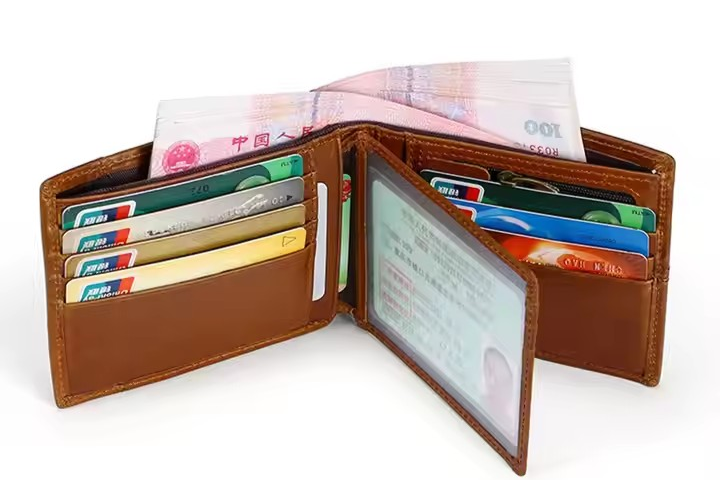
A mix of payment methods is recommended for China travel
Mobile Payment Apps (Alipay/WeChat Pay)
If you can set these up (Alipay Tour Pass/Tour Card or linking an international card to WeChat Pay, though the latter can be tricky for foreigners without a Chinese bank account), they make transactions incredibly convenient. Research the latest options for foreigners before your trip.
Emergency Contact List
- Names, phone numbers, and email addresses of family/friends back home.
- Contact details for your embassy/consulate in China.
- Your hotel addresses and phone numbers.
Passport Photos
A couple of spare passport-sized photos can be useful for unexpected administrative needs (e.g., temporary travel documents if your passport is lost, some SIM card registrations).
II. Clothing: Layering is Key for China’s Diverse Climates
China’s climate varies dramatically by region and season. The golden rule is layering. This allows you to adapt to changing temperatures throughout the day and as you travel between different areas.
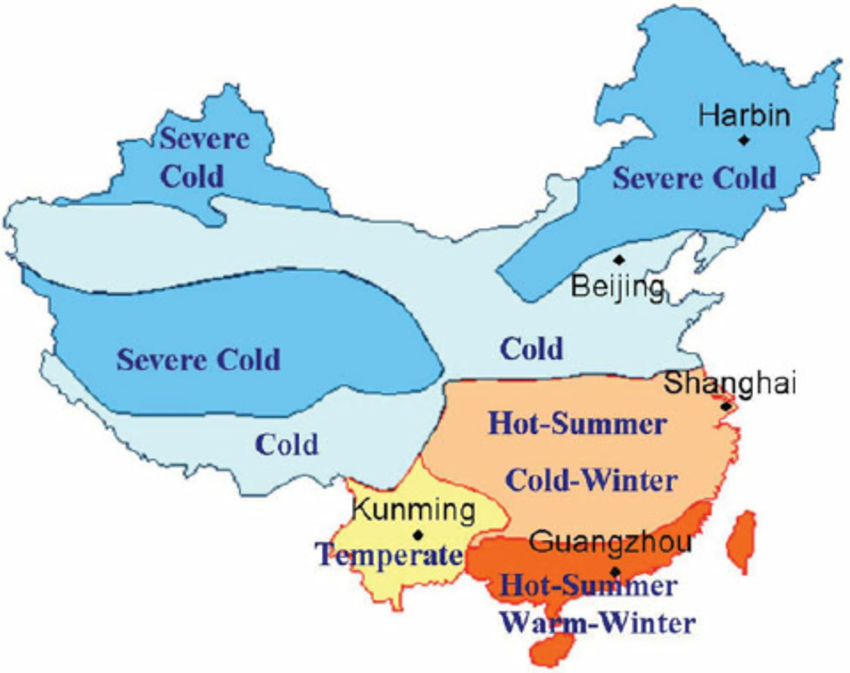
Layering allows adaptation to China’s varying temperatures and conditions
A. General Clothing Advice
Comfortable Fabrics
Prioritize breathable, quick-drying fabrics like merino wool, synthetics, or cotton blends, especially if you’ll be doing a lot of walking or visiting during warmer, humid months.
Modesty
While major cities are quite modern, it’s generally respectful to dress modestly when visiting temples, religious sites, and more rural or conservative areas. This usually means covering shoulders and knees.
Versatility
Choose items that can be mixed and matched to create multiple outfits.
Laundry
Access to laundry facilities varies. Hotels offer expensive services. Laundromats are not as common as in some Western countries. Consider packing clothes that are easy to hand-wash and dry quickly if you’re on a longer trip or budget. Some smaller guesthouses might offer more affordable laundry.
“The key to packing for China is versatility. Choose items that can serve multiple purposes and be layered for changing conditions.”
B. Seasonal Clothing Breakdown
Spring (March – May)
Weather: Generally mild and pleasant, but can be unpredictable with rain and fluctuating temperatures. Northern China can still be cool, while Southern China warms up faster.
Essentials:
- Light to medium-weight jacket (water-resistant or waterproof recommended).
- Sweaters or fleeces for layering.
- Long-sleeved shirts.
- T-shirts.
- Comfortable trousers or jeans.
- Closed-toe walking shoes.
- Umbrella or packable rain poncho.
Example Regions: Beijing, Shanghai, Xi’an, Guilin.
Summer (June – August)
Weather: Hot and humid in most parts of the country, with significant rainfall (monsoon season in the south and east). Can be very hot in cities like Beijing, Shanghai, Chongqing (“furnace cities”). Higher altitude areas (e.g., Yunnan, Tibet) will be cooler.
Essentials:
- Lightweight, breathable clothing (cotton, linen, quick-drying synthetics).
- T-shirts, tank tops (consider modesty in certain areas).
- Shorts, skirts (knee-length or longer is safer for temples).
- Lightweight long-sleeved shirt for sun protection and cooler evenings/AC.
- Swimsuit (if your hotel has a pool or you plan on beach/water activities).
- Sun hat with a wide brim.
- Sunglasses.
- Sandals and/or breathable walking shoes.
- Compact umbrella or rain poncho (essential for sudden downpours).
Example Regions: Most of Eastern and Southern China (Beijing, Shanghai, Guangzhou, Chengdu). Be prepared for intense heat and humidity.
III. Toiletries & Personal Hygiene
While you can buy most standard toiletries in China, brands might be different, and finding specific items can sometimes be a challenge, especially outside major cities or if you don’t read Chinese.
The Basics
- Toothbrush, toothpaste, dental floss.
- Shampoo, conditioner (travel-sized to save space/weight, or solid versions).
- Soap or body wash (hotels provide basic soap, but you might prefer your own).
- Deodorant (roll-on or stick preferred for travel; specific brands might be hard to find).
Skincare
- Face wash, moisturizer, sunscreen (high SPF essential, even on cloudy days!).
- Lip balm with SPF.
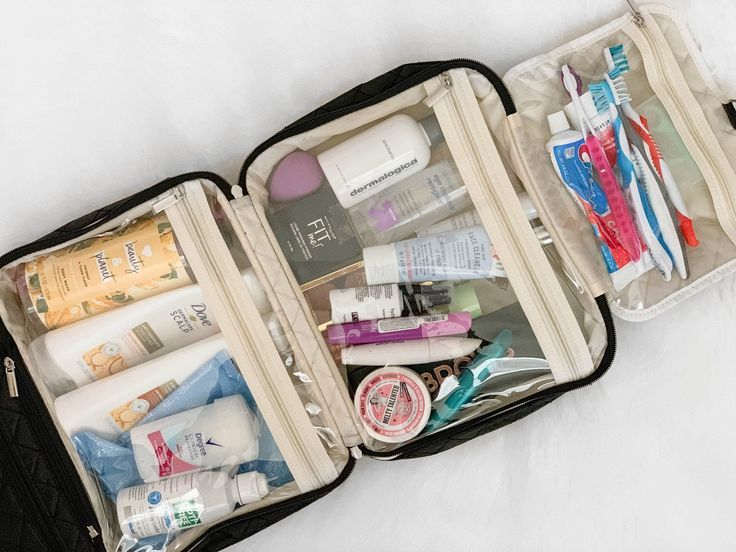
Feminine Hygiene Products
While available, your preferred brand/type might not be. It’s often recommended to bring a supply from home, especially tampons which are less common than pads in some areas.
Other Essentials
- Shaving supplies: Razor, shaving cream/gel.
- Contact lenses & solution: Bring enough for your entire trip, plus a backup pair of glasses.
- Glasses & prescription sunglasses.
- Small hand sanitizer: Essential for use throughout the day.
- Wet wipes/antibacterial wipes: Useful for cleaning hands, surfaces, and in less-than-spotless restrooms.
- Tissues (pocket packs): Public restrooms often don’t provide toilet paper.
Travel Tip: Use travel-sized containers to save space and comply with airline liquid restrictions for carry-on luggage (typically 100ml/3.4oz per item). Consider solid toiletries to avoid liquid limits.
IV. Health & Medications
Being prepared for minor ailments and having your necessary prescription medications is crucial for a smooth trip.
Prescription Medications
- Essential: Pack enough for your entire trip, plus a little extra in case of delays.
- Original packaging: Keep medications in their original, labeled containers.
- Doctor’s letter: Carry a letter from your doctor detailing your medical condition and the medications you need.
- Carry-on vs. checked: Keep essential medications in your carry-on bag in case your checked luggage is delayed.
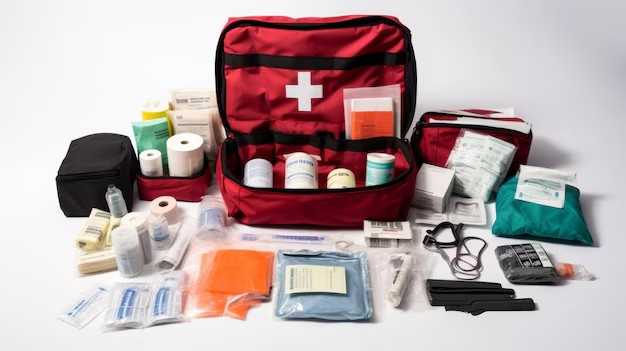
Basic First-Aid Kit
While pharmacies (药店 – yàodiàn) are common in China, having a small kit for immediate needs is wise.
- Pain relievers (e.g., ibuprofen, acetaminophen)
- Antidiarrheal medication (e.g., loperamide)
- Antihistamines (for allergies)
- Motion sickness medication
- Band-Aids, antiseptic, gauze
- Blister treatment
- Oral rehydration salts
Other Health Considerations
Insect Repellent
Especially important during warmer months and in southern/rural areas. Look for repellents containing DEET, Picaridin, or Oil of Lemon Eucalyptus.
Sunscreen
High SPF (30+) is essential, even on overcast days. The sun can be strong, especially at higher altitudes.
Face Masks (High Quality)
Even pre-COVID, masks were common in China due to air pollution in some cities. Post-COVID, they remain a good idea for crowded areas.
Personal Health Needs
E.g., asthma inhalers, EpiPen (ensure you know regulations), blood sugar monitoring equipment.
V. Electronics & Gadgets
In today’s world, electronics are integral to travel.
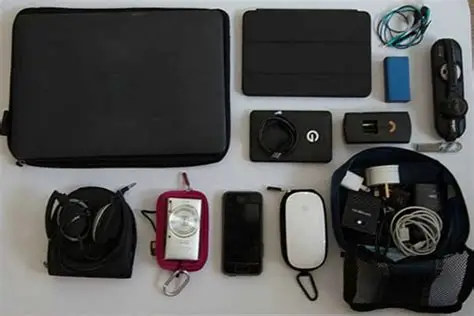
Smartphone & Connectivity
- Your primary tool for communication, navigation, translation, photos, and more.
- SIM Card options:
- International roaming plan (can be expensive)
- Local SIM card (requires passport registration)
- eSIM (if your phone supports it)
- Portable Wi-Fi device: Rentable at airports or online.
VPN (Virtual Private Network) – CRUCIAL
Many Western websites and apps (Google, Facebook, WhatsApp, YouTube) are blocked in China by the “Great Firewall.”
Action: Subscribe to and install a reputable VPN service on ALL your devices before you leave. Test it to ensure it works.
Power & Adapters
- Universal travel adapter: China uses Type I and/or Type A sockets.
- Voltage converter: Only if you have single-voltage (110V only) appliances.
- Portable power bank: Indispensable for keeping devices charged.
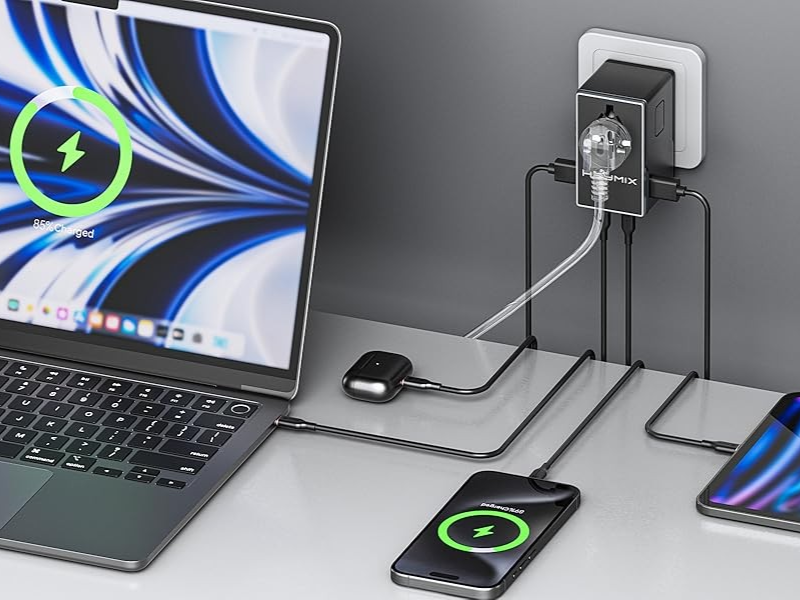
Other Electronics
Camera Equipment
- Camera, lenses, memory cards
- Extra batteries & charger
- Tripod (if needed)
Laptop/Tablet (Optional)
If needed for work or entertainment. Remember the VPN.
Accessories
- Headphones/Earbuds (noise-canceling recommended)
- All necessary charging cables
- Multi-port USB wall charger
- Small flashlight or headlamp
- Digital storage (portable hard drive)
Travel Tip: Charge everything fully before you leave home. Download offline maps, translation apps with offline language packs, and entertainment before your trip.
VI. Bags & Luggage Organization
Choosing the right luggage and keeping it organized will make your travels much smoother.
Main Luggage Options
- Suitcase (Wheeled): Best for most travelers, especially in cities.
- Backpack (Travel Pack): Ideal for adventurous travel or frequent moving.
- Duffel Bag: Less protection than suitcase or structured backpack.
Carry-on Bag
Should hold essentials: passport, visa, money, medications, a change of clothes, basic toiletries, electronics, and valuables.
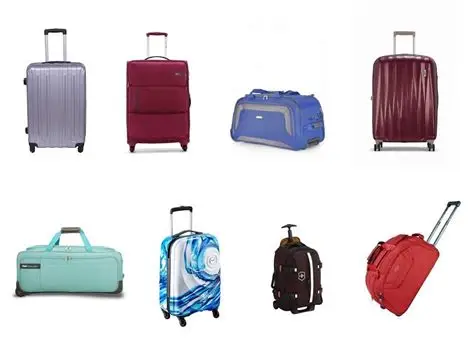
Daypack (15-25 Liters)
Essential for daily excursions. Choose lightweight and comfortable with anti-theft features if possible.
Organization Accessories
- Packing cubes: For organizing clothes.
- Toiletry bag (hanging): Keeps toiletries organized.
- Electronics organizer: For chargers and cables.
- Reusable shopping bag: Many shops charge for plastic bags.
- Luggage locks: TSA-approved for checked luggage.
VII. Miscellaneous Items & Comfort
These items can enhance your comfort and convenience.
- Reusable water bottle: Tap water in China is generally not drinkable.
- Travel pillow: For comfort on long journeys.
- Eye mask & earplugs: Essential for sleeping in noisy environments.
- Small notebook & pen: For notes and communication.
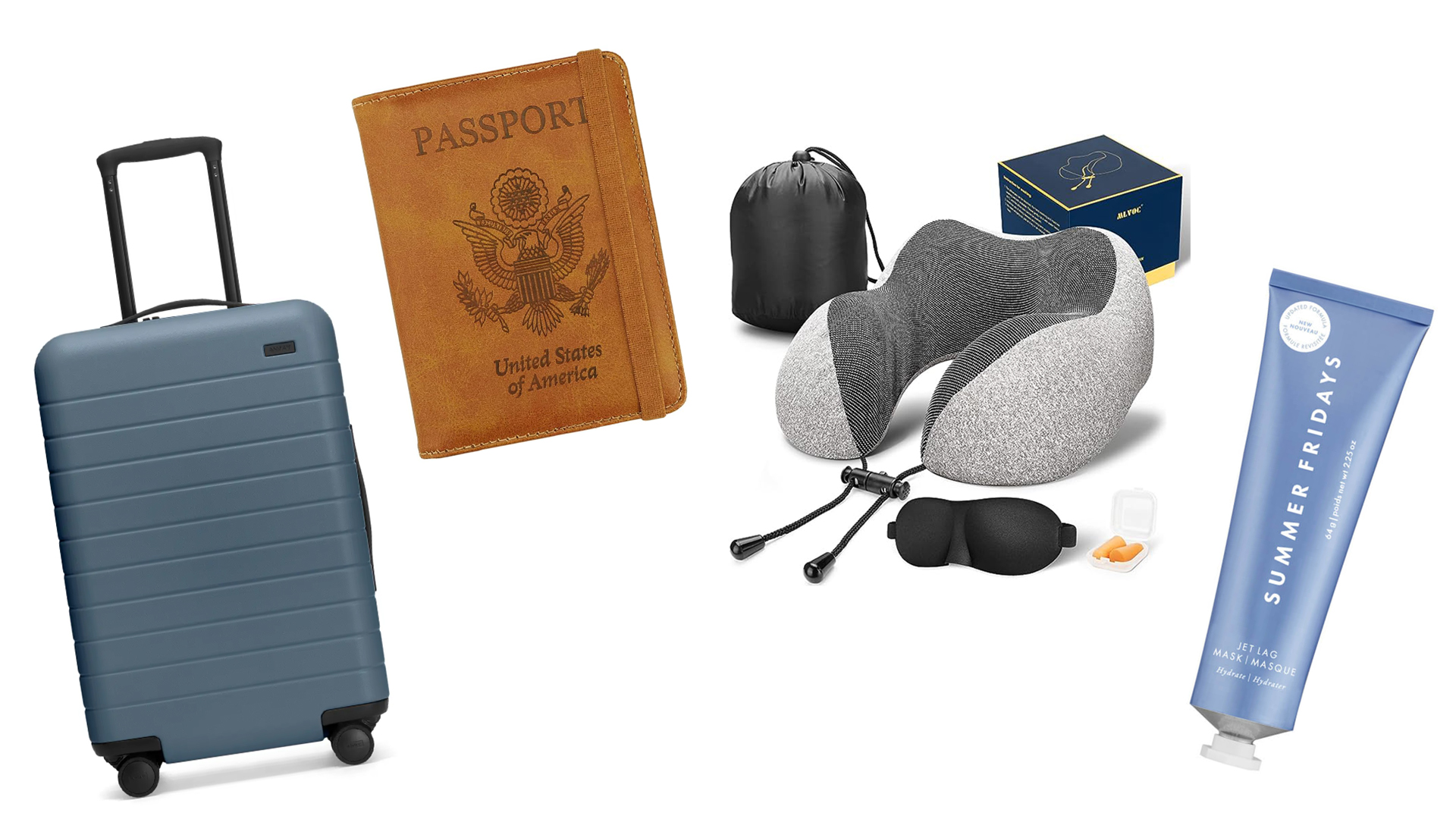
- Phrasebook or translation app: Download offline language packs.
- Gifts (Optional): Small gifts from your home country if visiting local families.
- Snacks from home: If you have dietary restrictions.
- Travel towel: Quick-drying microfiber is ideal.
- Entertainment: Books, e-reader, downloaded movies/music.
VIII. What NOT to Pack (Generally)
- Too many valuables: Leave expensive jewelry at home.
- Excessive clothing: You can buy more if needed.
- Full-sized toiletries: Decant into travel-sized containers.
- Hair dryer: Most hotels provide one.
- Weapons or anything illegal: Check restrictions on items like pocket knives.
- Politically sensitive materials: Be mindful of books or symbols.
- Fresh fruits/vegetables/meats: Usually restricted by customs.
IX. Final Pre-Departure Checklist
- Passport & Visa (copies made)
- Flight/Train Tickets & Itinerary (digital & print)
- Travel Insurance Details (digital & print)
- Money (CNY cash, credit/debit cards)
- Emergency Contact List
- All prescription medications & doctor’s letter
- VPN installed and working on all devices
- Phone unlocked (if planning to use local SIM)
- Offline maps and translation apps downloaded
- Advised bank(s) of travel plans
- Charged all electronics
- Weighed luggage (check airline limits)
- Left a copy of itinerary with someone at home
Packing for China requires thoughtful preparation, but by considering the season, your planned activities, and the country’s unique characteristics, you can assemble a kit that will keep you comfortable, prepared, and ready to embrace all the incredible experiences China has to offer. Remember that layering is your friend, comfortable shoes are non-negotiable, and a VPN is essential for staying connected to the wider web.
Travel light, but travel smart. Happy packing, and enjoy your adventure in China!
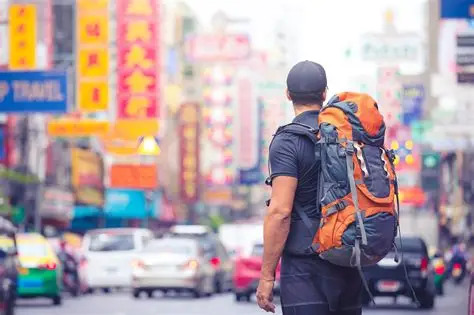
Enjoyed this article? Consider buying me a coffee to support more content like this!
💖 1 people have clicked to support this article.


